Julius Robert Oppenheimer was known as the "father of the atomic bomb", but spent the second half of his life opposing nuclear weapons.
Julius Robert Oppenheimer was born on April 22, 1904, into a wealthy family in New York City, USA. His father was a German-Jewish immigrant who worked as a cloth merchant, and his mother was an American painter. He had a younger brother named Frank, who also became a physicist.
After graduating with honors from Harvard University in 1925, Oppenheimer moved to England to live and work at the Cavendish Laboratory at Cambridge University, under the guidance of JJ Thomson, a British physicist who won the Nobel Prize in 1906.
During this time, Oppenheimer is said to have suffered from some psychological problems due to a poor relationship with Patrick Blackett, one of his supervisors at the laboratory.
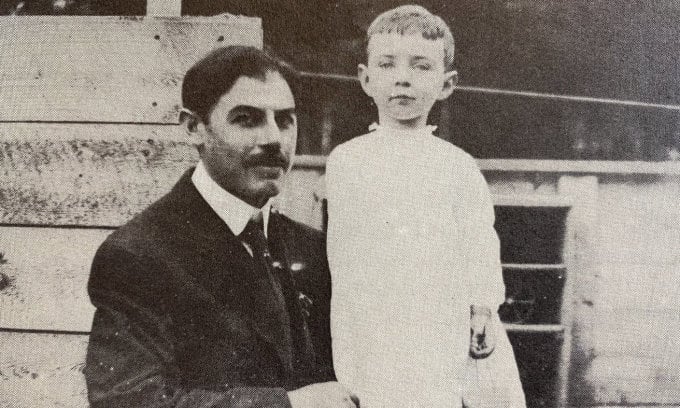
J. Robert Oppenheimer with his father Julius Oppenheimer in 1905. Photo: J. Robert Oppenheimer and Kitty Oppenheimer Memorial Committee
According to American Prometheus, a biography of Oppenheimer by Kai Bird and Martin J. Sherwin, the physicist told friends that he had once placed a poisoned apple on Blackett’s desk, but fortunately no one ate it. Still, he was investigated by university officials and placed on probation for a period of time.
Jeffries Wyman, a friend of Oppenheimer's, said the physicist may have exaggerated the incident, but "whether it was an imaginary apple or a real one, it was an act of jealousy."
In late 1926, Oppenheimer left Cambridge to join the University of Göttingen in Germany, where he received his doctorate in quantum physics. He returned to the United States in 1929 to become an assistant professor at the University of California, Berkeley, and to teach at the California Institute of Technology. Over the next 14 years, he established California, Berkeley, as one of the most prestigious universities in the field of theoretical physics.
In early 1942, Oppenheimer was invited by the US government to participate in the top secret "Manhattan" atomic bomb project. He was appointed scientific director of the project later that year. Atomic bomb development began in 1943 at the Los Alamos, New Mexico, laboratory.
Here, Oppenheimer assembled a team of the world's leading scientists to carry out the project. He convinced the US military to allow scientists to bring their families to Los Alamos, because some people agreed to participate in the project only if they were accompanied by their families.
As a leader, Oppenheimer inspired, motivated, and encouraged team members to perform to their fullest potential.
“He didn’t direct from the office. He was with us, both intellectually and practically, at every decisive stage of the project,” said Victor Weisskopf, a member of the “Manhattan” project.
Nearly three years after the project was founded, Openheimer and his colleagues successfully conducted "Trinity", the first nuclear test in human history, in the Jornada del Muerto desert in New Mexico. Just three weeks later, on August 6 and August 9, 1945, the United States dropped two atomic bombs on the Japanese cities of Hiroshima and Nagasaki, killing about 200,000 people and bringing an end to World War II.
For his contribution to the effort to end the war, Oppenheimer was awarded the Medal of Merit by the US government in 1946. However, the terrible devastation of the two atomic bombs in Hiroshima and Nagasaki caused great trauma for him.
At a meeting with US President Harry Truman in October 1945, two months after the atomic bomb explosion in Japan, Oppenheimer said he felt "blood on my hands." The physicist's attitude made President Truman unhappy.
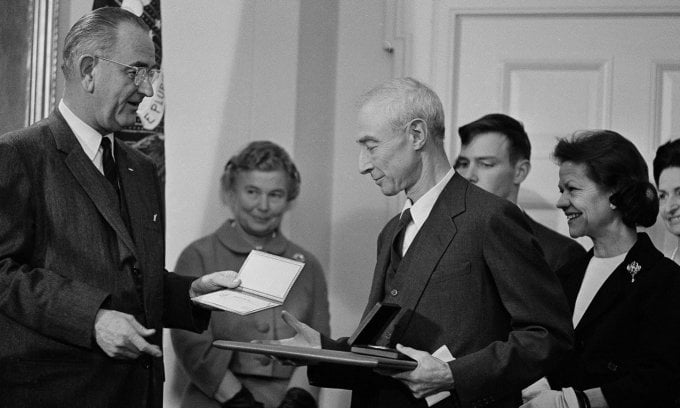
Oppenheimer was awarded the Enrico Fermi Prize by former US President Lyndon B. Johnson on December 2, 1963. Photo: AP
"He has blood on his hands, not half as much as I do," Truman told his adviser after the meeting. "You can't go around whining like that. I don't want that bastard in my office again."
In a 1965 NBC News documentary, Oppenheimer continued to express his remorse by quoting a line from the Bhagavad Gita, an ancient Hindu text, to describe himself: " Now I have become Death, the destroyer of worlds ."
As chairman of the Atomic Energy Commission (AEC), an organization created to replace the Manhattan Project after World War II, Oppenheimer fought against the use of nuclear weapons, including the development of the hydrogen bomb. He urged the U.S. government to use nuclear weapons only for tactical purposes and to pursue other uses of nuclear technology, such as energy production.
Oppenheimer's anti-nuclear stance made the physicist a political enemy to some. He was notified by the AEC in 1953 that his security clearance had been revoked because he was suspected of spying for the Soviet Union.
After Oppenheimer complained, a hearing was held in April 1954 to clarify the charges against him, but the AEC's decision was upheld.
The decision meant that Oppenheimer was no longer allowed access to US government nuclear secrets, ending his career as a nuclear physicist.
"Oppenheimer was a man of peace and science, and they destroyed him. A small but vicious group," physicist Isidor Isaac Rabi, a close friend of Oppenheimer, commented on the hearing.
It was not until December 2022 that the US Department of Energy "cleared" Oppenheimer by rescinding the AEC's decision to strip him of his security clearance.
"We have uncovered ample evidence of bias and unfairness in Dr. Oppenheimer's handling of the case, while evidence of his loyalty and patriotism has grown," US Energy Secretary Jennifer Granholm said.
After ending his association with the US government, Oppenheimer devoted the rest of his life to his scientific and teaching career. In 1963, when the AEC sought to mend relations with Oppenheimer, he was awarded the Enrico Fermi Prize, the AEC's highest honor.
He died on February 18, 1967 from nasopharyngeal cancer.
Oppenheimer is hailed as the "father of the atomic bomb", but spent the latter half of his life opposing nuclear weapons out of remorse for his invention. He was once honored as a national hero by the US government, but was later suspected of being a foreign spy.
Whether a great scientist or a "world destroyer", a patriot or a traitor, Oppenheimer is still considered an important person in history, as commented by Christopher Nolan, director of the blockbuster of the same name currently being shown worldwide.
“Like it or not, we live in Oppenheimer’s world,” Nolan said. “He created the world we live in, for better or worse.”
Pham Giang (According to Time, CNN, Washington Post )
Source link



![[Photo] Special relics at the Vietnam Military History Museum associated with the heroic April 30th](https://vstatic.vietnam.vn/vietnam/resource/IMAGE/2025/4/3/a49d65b17b804e398de42bc2caba8368)
![[Photo] A brief moment of rest for the rescue force of the Vietnam People's Army](https://vstatic.vietnam.vn/vietnam/resource/IMAGE/2025/4/3/a2c91fa05dc04293a4b64cfd27ed4dbe)
![[Photo] Prime Minister Pham Minh Chinh chairs meeting after US announces reciprocal tariffs](https://vstatic.vietnam.vn/vietnam/resource/IMAGE/2025/4/3/ee90a2786c0a45d7868de039cef4a712)
![[Photo] Moment of love: Myanmar people are moved to thank Vietnamese soldiers](https://vstatic.vietnam.vn/vietnam/resource/IMAGE/2025/4/3/9b2e07196eb14aa5aacb1bc9e067ae6f)
![[Photo] General Secretary To Lam receives Japanese Ambassador to Vietnam Ito Naoki](https://vstatic.vietnam.vn/vietnam/resource/IMAGE/2025/4/3/3a5d233bc09d4928ac9bfed97674be98)
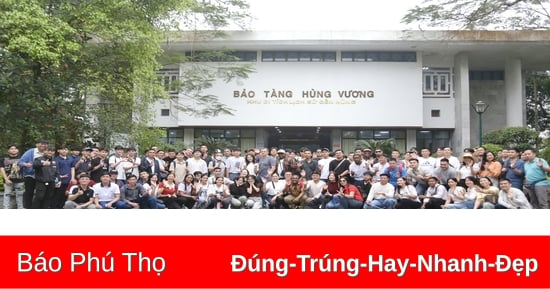

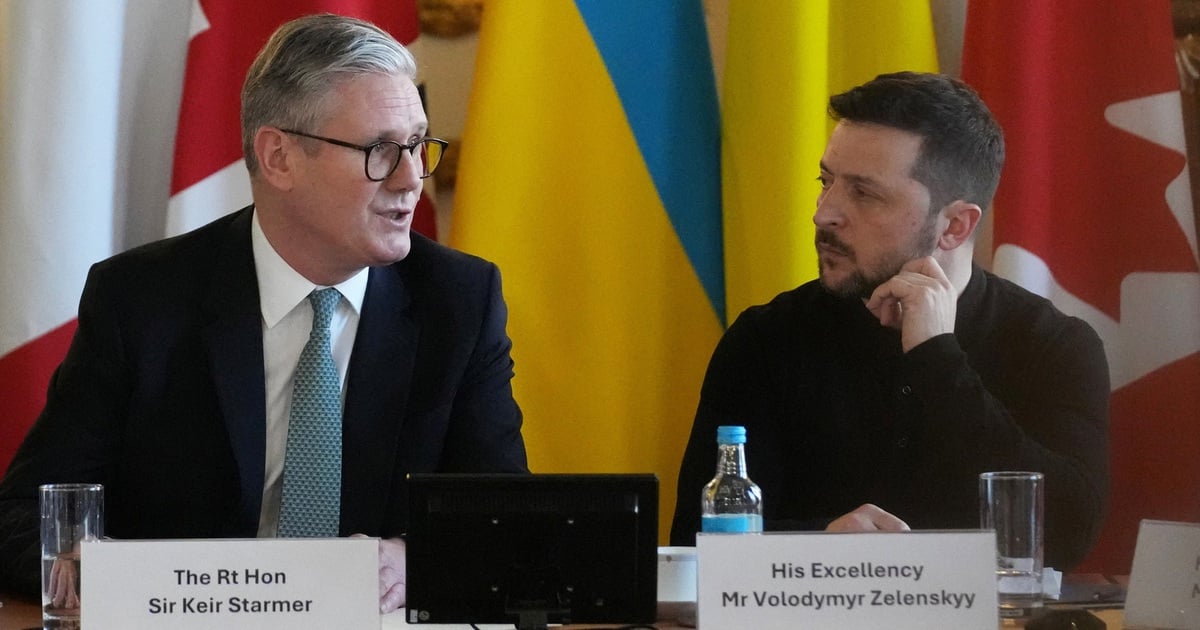

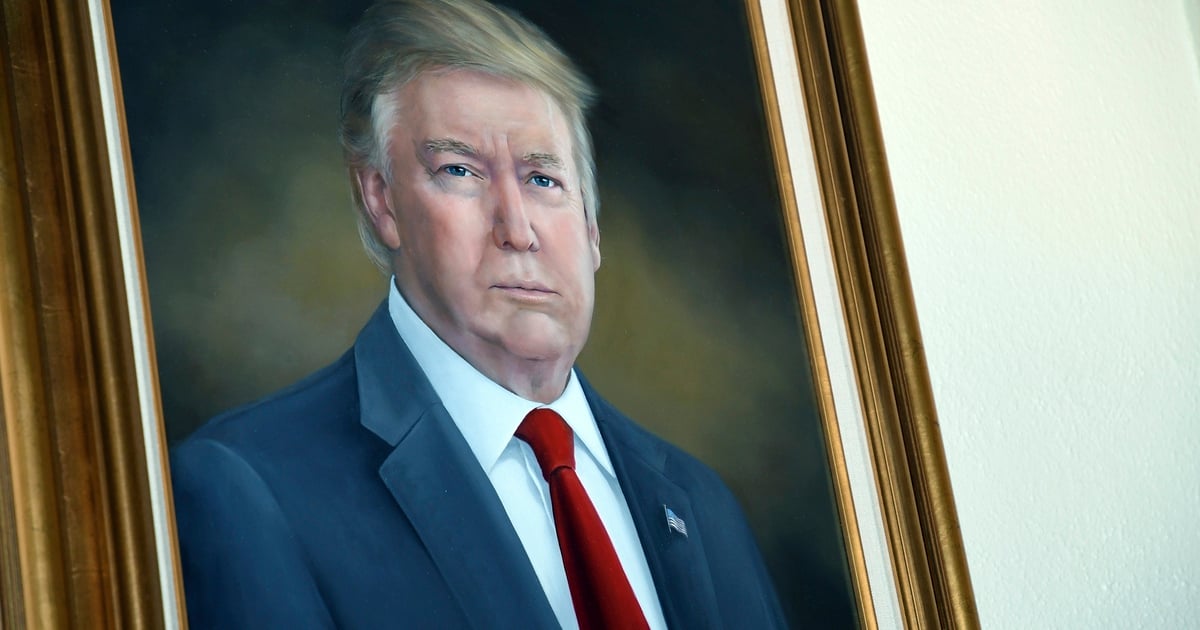
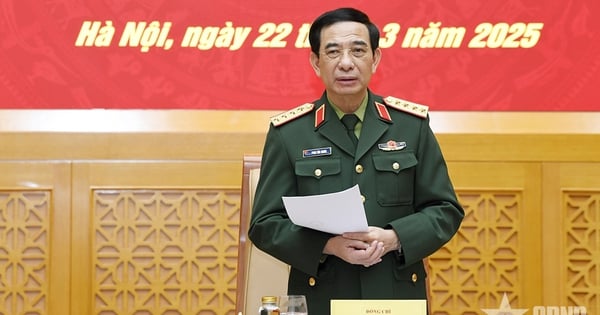

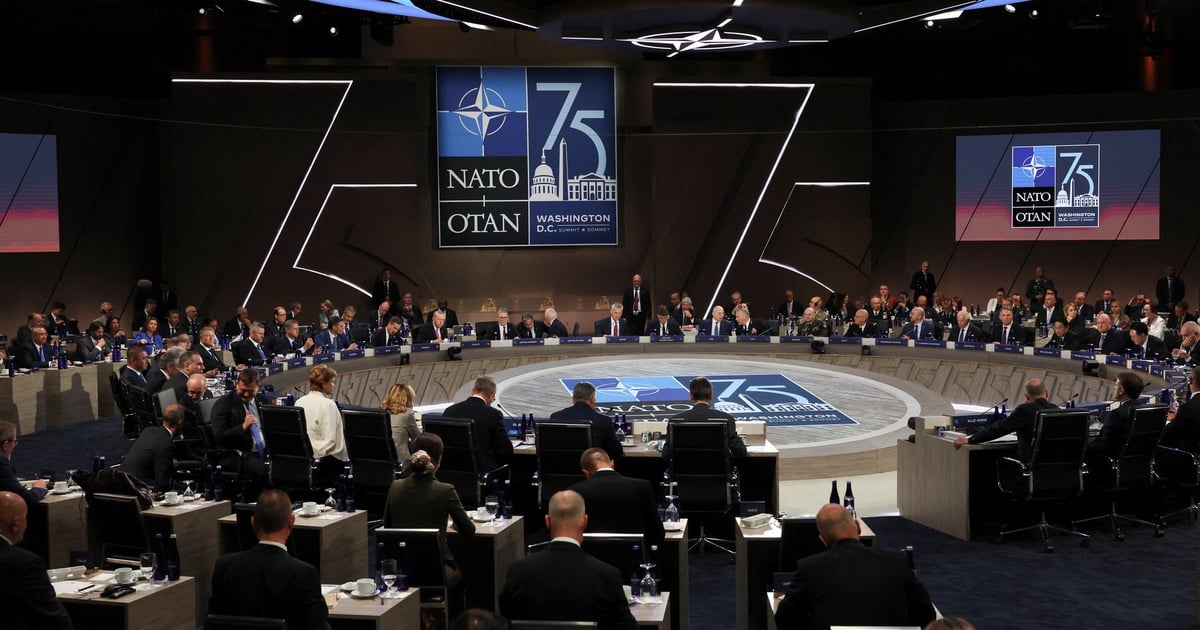
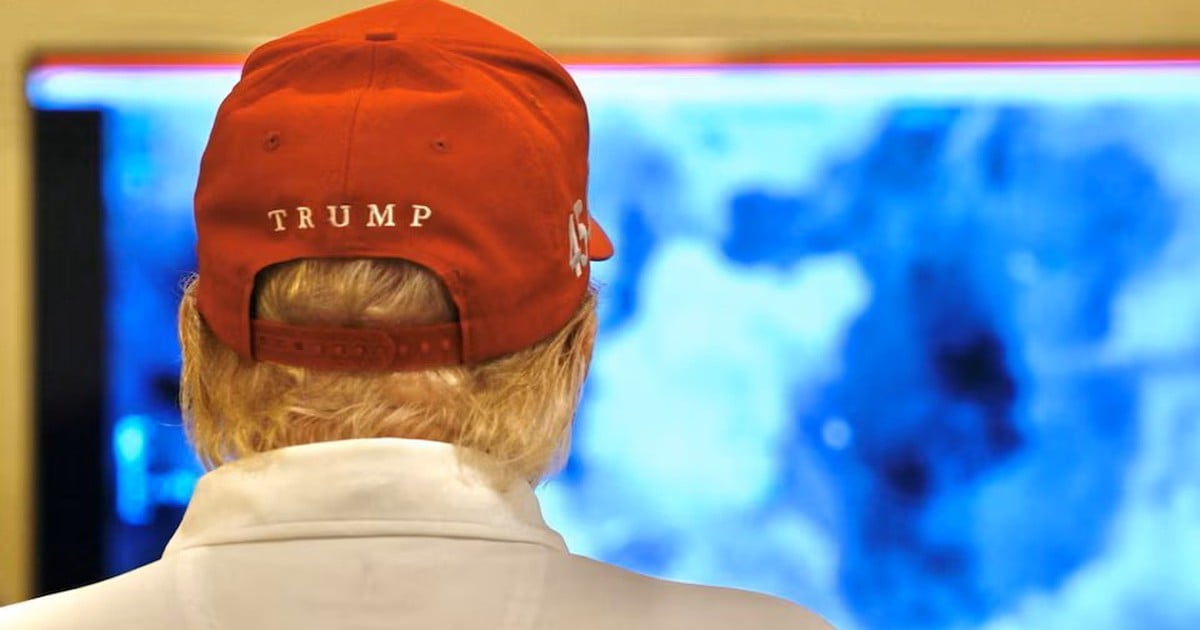
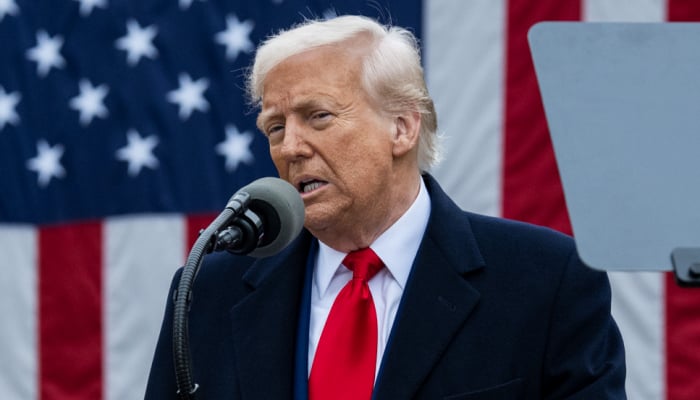



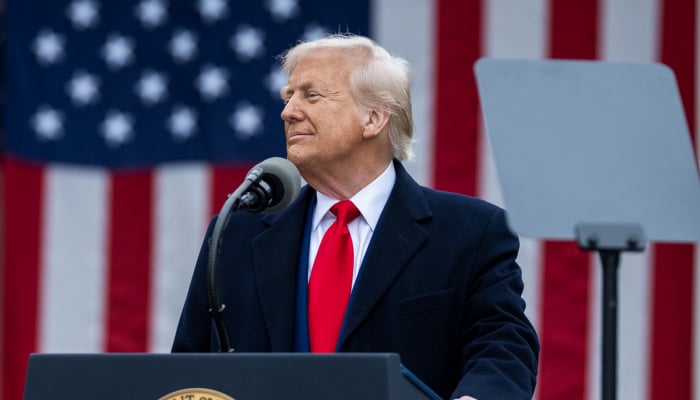























































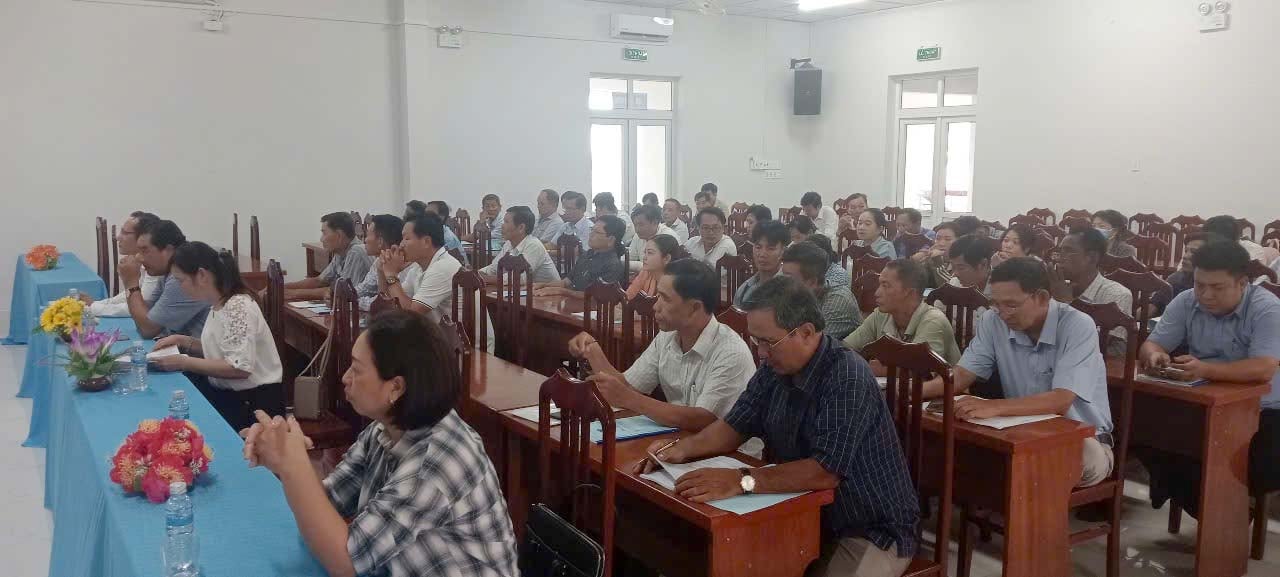
















Comment (0)